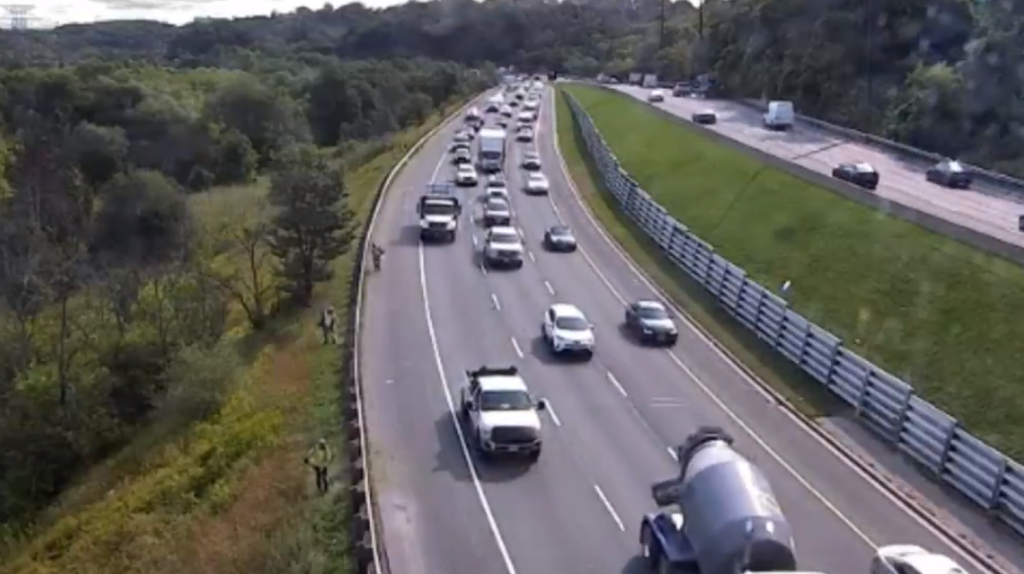British man stranded in Toronto heads home
Posted February 16, 2011 3:38 pm.
This article is more than 5 years old.
A British man stranded in Toronto because of his place on the U.S. no-fly list was allowed to go home Wednesday night.
A day after the story was first reported on CityNews.ca, a representative from the British High Commission called Dawood Hepplewhite to let him know he was booked for a 9:10pm flight to Glasgow, U.K.
They agreed to help him this once, convincing Air Transat to alter its flight path to bypass U.S. airspace and let Hepplewhite, 30, his wife, Farhia Elmi, and the couple’s three young children on board at no extra charge.
On Sunday, Air Transat had refused to let the family on their plane, citing the no-fly list and noting the route through American airspace.
Hepplewhite tried both Air Canada and British Airways the next day, but both denied him too after consulting the passenger blacklist.
“When I land … it will be like kiss the floor, I’m finally home,” Hepplewhite told CityNews just before boarding. “I know it’s only been a few days, but I thought it was going to be months and months and months.”
The British embassy official who negotiated with Air Transat said the set of circumstances made the task a challenging one.
“It’s quite a difficult scenario, difficult case we’ve had to deal with,” said Gareth Jones of the British Consulate-General. “From our perspective there didn’t seem to be a way to resolve it.”
And for some, it raises the issue of airlines apparently acting on a bill that, although likely to pass its third and final reading in the House of Commons, isn’t law yet.
Bill C-42 would allow airlines to send passengers’ names, birthdates and gender – information normally protected by Canada’s privacy laws – to the U.S. Department of Homeland Security. The DHS would then cross-check the data with the no-fly list and other catalogues, and have final say on who can board any flights that cross into U.S. airspace.
“I am concerned about that,” said Liberal transport critic John McCallum. “Airlines do not have the legal right to transmit this information at this time. And if they are, I think it’s clearly a concern that they would appear to be breaking the law.”
Air Transat declined a request for an interview, but sent CityNews a statement in its defence.
“Air Transat has taken steps to make sure the passenger and his family will get home soon,” the airline wrote. “We will not comment … further and any question related to regulatory frameworks should be addressed to the appropriate government authorities.”
Hepplewhite divides his time between Sheffield and Toronto, where Elmi and his children live. When the incident happened, he was taking his family back home for an extended stay so he could work.
He believes he might be on the no-fly list because he is a white Muslim. He says it’s a battle he’ll take up once he’s back in the U.K., but also says he doesn’t plan to return to Canada.
“I won’t be coming back … because I won’t be going back home after,” he said. “I’ll be stuck again.”
Airlines operating in Canada have rejected people on the list before when their flights passed over the U.S. and they were concerned they might have to land in the country in an emergency.
But civil rights groups say there are dangers in relying on the U.S. for security screening and they argue no good system exists to let travellers know why they’re on the list.
With files from Saphia Khambalia and Ashleigh Smollet










